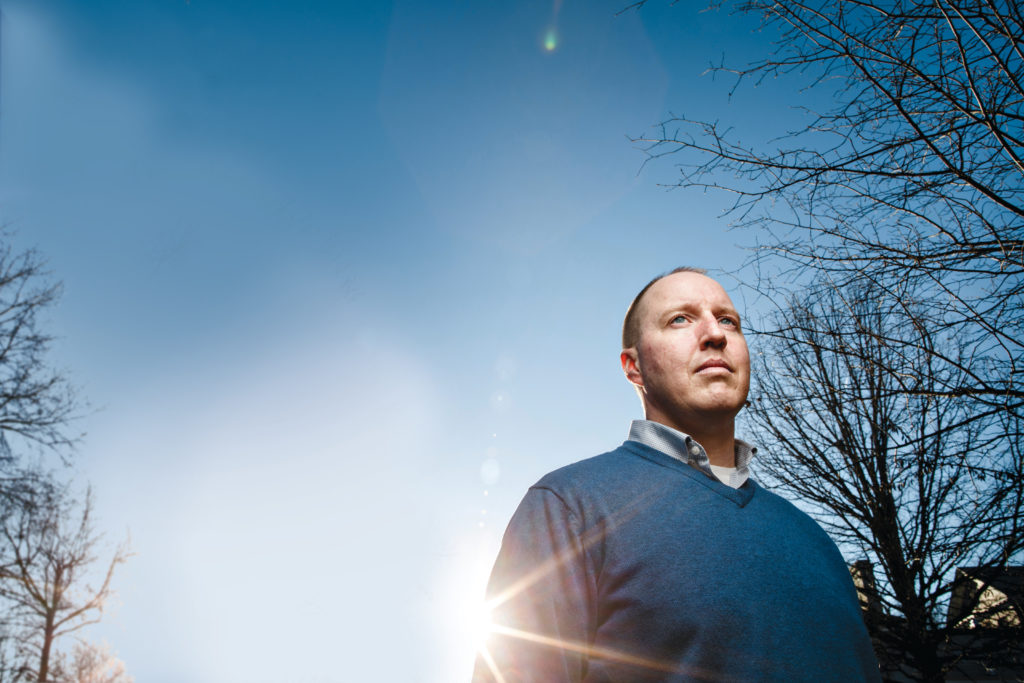Director of First Year Programs
Assistant Director of Academic Services

I think the two commitments are extremely related from a philosophical perspective. Let me start with the interracial commitment, because it has been the institution’s focus for generations. For decades we have been dedicated to serving underserved populations, which is why I work at this college, because we are trying to help people no matter what obstacles they face. While I hate to describe something like race as an obstacle, the reality is in our society you can’t turn on the news and not realize that for a lot of people, race is made a hindrance, as is socioeconomic status, being a woman, being from the Appalachian region, and so on.
How does Berea College seek to encourage diversity and the “bridging of gaps” between individuals of different racial, cultural or ethnic backgrounds?
I think we try hard to stay at a critical mass of students to where they can have an identity with each other and they can have an identity in context with the rest of the institution. So we are very intentional about the demographic mix of students. An interesting debate that is ongoing on campus—one I appreciate both sides of—is the difference between a commitment to racial diversity versus a commitment to interracial, black and white, education. Those are, depending on who you ask, two very different things. The college historically has taken the relationship between students of black and white races to be its focus. But higher education is moving in the direction of interracial, inter-cultural relationships, not just the black and white piece. To some, this seems premature because we are not done with the black and white cultural understanding. Relations are certainly far from perfect between blacks and whites, though the same is true among other populations. It does seems like the institution is moving now in the direction of interracial commitment and an inter-cultural commitment.
I do think that people need people in their lives who have that kind of shared experience, so they can find comfort and conversation, but part of the institution’s mission is to educate all students outside of that, teaching them to branch outside of that. And forcing that is tough sometimes.
We put students into those kinds of opportunities very early on in their college career, through the classes they are in and through events like convocations. I have had a number of students walk into my office very angry after convo. At which point I ask, “well, why are you angry?” And generally it is because convo has pushed them out of their frame of thinking and that is uncomfortable. I think students need to be more comfortable being uncomfortable. I think one of the most important qualities students can gain when they are here is understanding that with discomfort comes growth.
I love it when graduates come back and say, “You pushed me, you made me do this stuff,” and after working in the outside world they realize that the rest of the world doesn’t operate like Berea. Then they say, “So that’s why I had to go to these workshops, that’s why classes were focused on these topics. Because I was going out into a world that does not see it the same way.” I hope that we have infected these students with that kind of mentality of confronting injustice, a mentality of looking for ways to pull people together. It doesn’t matter whether our graduates are CEO’s of companies or teachers in the school system, they have the mentality of seeing beyond stereotypes, which allows them to invest in individuals.

